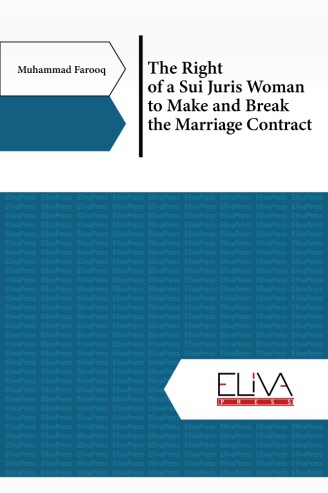Description
Muslim marriage is a union where there exists a set of rights offered or agreed as a whole. This study explores the woman's right to marry as a paramount element in contracting marriage. It details the role of the Muslim woman in concluding and negotiating her marriage through related issues, inter alia: the marriage guardian, the virgin's legal capacity to give consent and how that consent is to be given or understood. The doctrine of kafā’a (equality) between the spouses is also discussed. The concept of wilāyah (male guardianship) is a desire of control position for the man and the idea of kafā’a limits the woman's choice in marriage. Both these are the result of jurists' analogical reasoning. As such, both concepts are used in a bid to keep the man’s upper hand in the marriage.
The woman's right to dissolve the marriage is also analysed. The Shari'ah, as well as law in Pakistan, permits both husbands and wives to initiate divorce at different channels. The study, stresses on honourable exit route from marriage and assesses the divorce process as initiated by the wife, like in khul' (ransom), khiyār-ul-bulūgh (option of puberty) and ṭalāqe-tafwīḍ (delegated divorce). What emerges out of this exposition is that these are absolute, unqualified and legally enforceable rights of hers.
Based on androcentric interpretations of primary sources of Shari'ah, in Pakistan, a strongly patriarchal society, the making and breaking of the marriage is left almost solely to the males' discretion. Here, t




